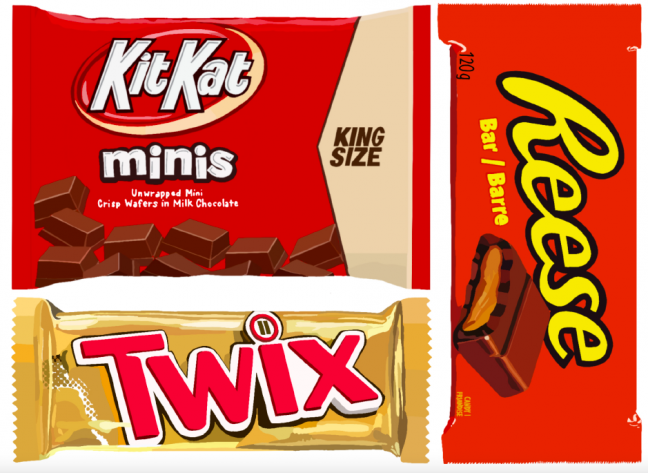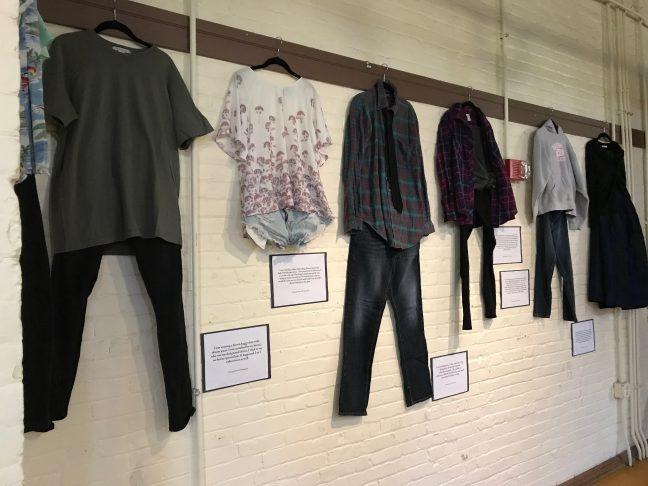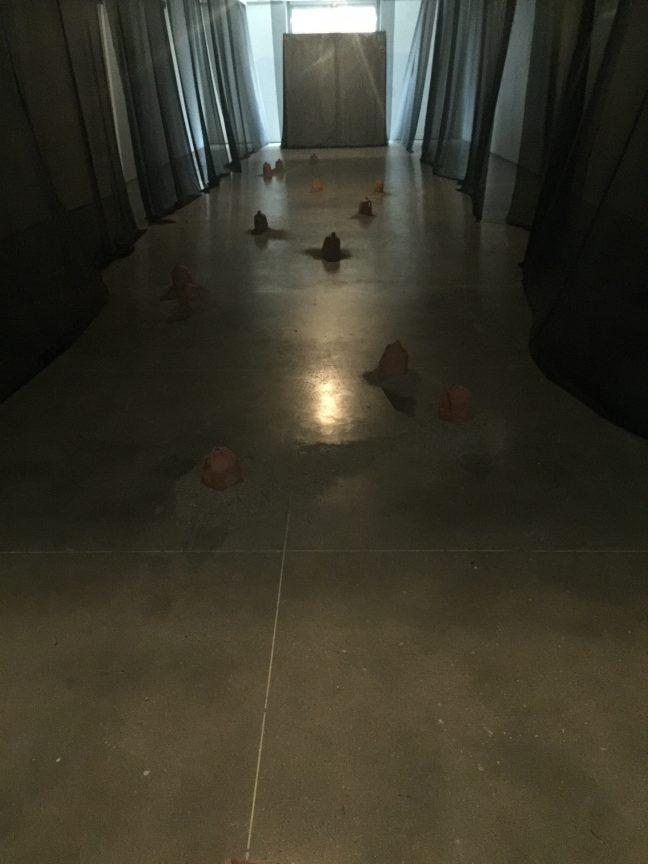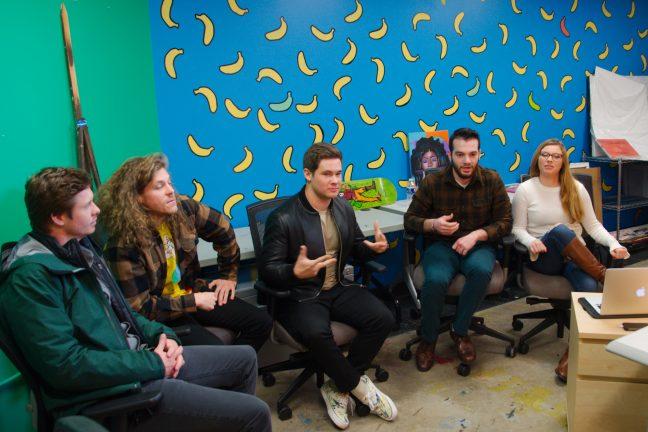
Ralph Cross and Dan Jenkins, natives of Ann Arbor, Mich., opened B-Side Records Oct. 9, 1982. According to current owner Steve Manley, Cross and Jenkins modeled the B-Side shop on a record store they worked at while living in Michigan.
Like Cross and Jenkins, Manley had an affinity for music. He grew up in Whitewater, Wis., in a home full of it.
“My parents listened to a lot of [National Public Radio], which was a mix of classical, jazz and folk. … I loved listening to hit radio in the ’60s as a kid. I am old enough to vaguely remember the emergence of The Beatles and The Rolling Stones in America, and some of my older cousins had those early records,” Manley said.
In his adolescence, Manley visited Madison whenever he could. Prior to B-Side Record’s opening, he frequented another State Street record shop called Slatewood Records. There, he met Tom Hamer, whom Manley credits with turning him on to “some great artists before B-Side arrived.”
Manley moved to Madison in the late 1970s to study graphic arts at Madison Area Technical College. “I felt Madison was my destiny,” he said. Not long after B-Side Records opened, Manley browsed its collections and became friendly with Cross and Jenkins.
“They found this place in the middle of State Street in Madison,” Manley said. “Initially it was all vinyl and cassettes, as CDs had not yet been introduced to the market – in fact the first prototype compact discs had been tested just a week earlier.”
Nine months later, Manley was working there as an employee, eventually acquiring stock ordering responsibilities.
One feature that has remained with B-Side Records is the shop’s flair for discovering and distributing quality records, often the music of independent or lesser-known artists. Many of them are included in B-Side’s staff’s “best (musicians) of the year” list, which the store publishes on its website annually.
This tradition of supporting independent music goes back to Manley’s own musical education. He credited the radio with being his mentor.
“Around 1970, a new FM radio station came on the air, and I was hooked immediately. It was WIBA-FM, but was called Radio Free Madison back then,” he said. “They had a featured artist every night that they would sprinkle in throughout the sets of otherwise free-form programming – rock, blues, folk, comedy.”
Manley said he loved that the radio departed from the “top-40 hits” that filled the airwaves. The free-form format allowed for new possibilities and discovery.
“This was the emergence of the underground, which was the true alternative for music back then,” Manley said. “I guess this is maybe hard to fully comprehend or put into context for students these days who have grown up with the Internet, and the infinite choice that it provides. It took some dedication and patience to learn about alternative music before the Internet.”
Another feature that has remained with B-Side Records has been its dedication to its roots. Soon after the store’s founding in October 1982, CDs had only just started to reach consumers’ hands. In fact, Japanese shoppers were the first to buy Billy Joel’s 52nd Street, the first album ever released on CD. In the following years, B-Side stocked its shelves with the record format, but Manley held his breath.
“B-Side started dabbling in CDs, but only a few titles were available at first, mostly Japanese imports,” he said. “We were skeptical about this new format catching on.”
Yet it did. Soon B-Side Records was selling CDs alongside most music retailers. Despite the predominance of CD sales that occurred in the 1980s and 1990s, B-Side never stopped distributing older mediums like vinyl records. In explaining this, Manley found a relationship between the medium in which music is played and the experience listeners have.
“The more engaged people are in the listening process, the more they will get out of it. I enjoy playing an iPod on shuffle as much as the next person, especially when I’m doing something else at the same time. But I think it’s important to sometimes give music deeper attention and respect, and a great way people are learning to do that again is by playing vinyl,” Manley said.
“In a world of constant distractions, giving a quality record your full attention can be surprisingly rewarding,” he added.
Years later, Manley still sells vinyl.
The thing Manley credits for his working at B-Side Records for nearly 30 years has been its feeling of “home.” Although he has resigned himself to the fact State Street is “a little less funky and independent these days,” Manley has “never dreaded the thought of coming to work.”
“Not many people can say that. Being my own boss is hard to complain about. I love sharing good music with people and am happy to talk about it with whoever stops by.”
In celebration of 30 years in business, B-Side Records is throwing a party Saturday afternoon from 4:30 to 7:30 p.m. at the High Noon Saloon. There will be two bands, two-for-one bar specials, home cooked food, cake and prizes. Cover is $5. For more information, visit high-noon.com.













